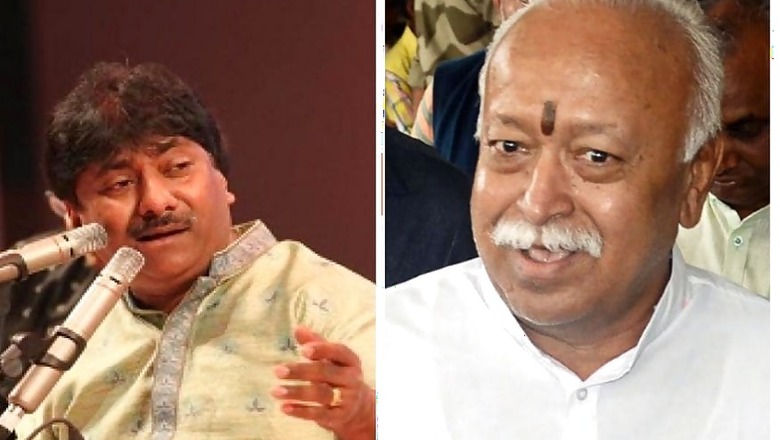
views
Kolkata: Indian classical maestro Ustad Rashid Khan, who belongs to the Rampur-Sahaswan gharana and is the great-grandson of legendry vocalist Inayat Hussain Khan, knows no introduction. His beautiful renderings have won many accolades and he was awarded the Padma Shri and the Sangeet Natak Akademi award in 2006.
In a candid chat with News18, Ustad Sahab shared his journey from a sleepy village in Budaun to Kolkata, the Ayodhya verdict and why RSS chief Mohan Bhagwat likes meeting him. Edited excerpts:
Rashtriya Swayamsevak Sangh (RSS) chief Mohan Bhagwat never misses an opportunity to meet you whenever he visits Kolkata. How long have you known him?
Mohan Bhagwat is a kala premi (art lover). He is fond of Indian classical music and this is what connects us. Unko music pasand hai...woh to politics se khud bhagtey hai (he loves music and avoid politics). I have known him for two years and I am honoured that he has come to my house twice. Our discussion starts and ends with music and he tries to keep himself updated whenever he visits me. He has good knowledge of music. I remember how he inquired about a ‘bandish’ (melodic composition) once. Music is my life and he understands music and therefore we are connected. I don’t understand politics. I understand music and I am connected to people who love music. I am a simple man and I greet everyone with the same enthusiasm.
You keep bringing in new concepts and styles in classical singing. We have seen how you change the ‘mukhda’ of ‘khayal’ compositions. What made you bring changes in your singing style?
Not every time. It depends on the audience for whom I’m performing for. Time is changing and therefore we have to change with the time. I love experimenting with ‘bandish’. It’s like test cricket match and T-20. Dono hi cricket hai but dono ka apna alag maaza hai (both are forms of cricket but with different flavours). I try to bring new flavours into my singing which people might enjoy more (while maintaining the basics of my gharana). Songs like ‘Yaad piya ki aaye’ and ‘Aaoge jab tum’ in the movie ‘Jab We Met’ became immensely popular because there was a different flavour to them. People embraced it as they liked the raag and khayal. The whole idea was to motivate, convey and attract more and more youngsters towards classical music. My dream is to take music to every corner of this world because it connects people.
You are originally from Uttar Pradesh and we all know about the Babri Masjid issue. What is your take on the verdict in the case?
There should be brotherhood everywhere in India. The Supreme Court of India has already given a verdict and we should gracefully accept it. People are making an issue out of it. We should not only accept but also adhere to the judgment. We should move forward with love and respect for one another rather than spreading hatred among people. There is no better way to unite people than music. We should work on not hurting anyone’s sentiments. I believe that a college and university could be better in that place where the younger generation can learn something good for a better future.
Pollution is a major concern in our country, including Kolkata. It is affecting everybody’s health and causing more problems to vocalists and flutists. Do you also find it difficult to perform due to the rising pollution levels?
Yes, it is a matter of concern for all of us. I saw how some of the cities witnessed thick smog in winters. It affects our lungs. For us classical singers, utmost precaution is required. Singing is all about practice, power of lungs and holding your breath. So we face problems when the air quality turns unhealthy). Recently, I was performing in Bengaluru and it was a brilliant show and the event took place in a field. There was dust all around and it caused a lot of problems. It’s high time we join hands to make our country a greener and cleaner place to live in. We all have to take this responsibility. Our government can’t solve the problem alone. Clean air is our right and we have to work for our right.
You lost your mother at a young age. You left your hometown, friends, relatives and fond memories behind in Uttar Pradesh and came to Kolkata with your uncle Ustad Nissar Hussain Khan. How has the journey been?
It was a tough journey. I have fond memories of my childhood in Budaun. But losing my mother (Shakhri Begham) at a very young age and coming to Kolkata with my uncle was painful. Although I was young, the memories of the struggle is still fresh in my mind. My nana-ji (grandfather) frequently visited Kolkata for concerts and later associated himself with ITC Sangeet Research Academy (SRA) in Kolkata. I joined the academy because of him. Initially, it was tough to adjust in Kolkata as I was more interested in playing with friends like any other young child would, but gradually I developed a liking for music. My nana-ji did a lot for me in terms of shaping my interest in classical music. Today, I am blessed to be part of this beautiful music world where there is no hatred and only love and respect matters.
What did you miss the most about Budaun (in Uttar Pradesh)? Are you planning to open a music academy in your hometown for those who want to learn Indian classical music but cannot afford it due to lack of infrastructure and money?
I miss the earthy fragrance of Budaun. I become emotional each time I share my feelings about my birthplace. I miss my young days, especially the time I spent with my friends. Those days will never come back. Recently, I made a trip to my hometown and visited my relatives and friends. It was like walking down the memory lane. However, my parents’ graves are there and it is always emotional to visit their graves. I still believe they are with me in every situation in life and keep giving me immense strength in spreading music among the youngsters.
I have a music academy in Kolkata but I have not planned to open any such academy in my hometown. However, the future is unpredictable. If I get an opportunity I will certainly think of it and will unquestionably try to spread Rampur-Sahaswan Gharana among the youngsters in my hometown.
What has been your happiest moment in life?
The biggest day in my life was when former president APJ Abdul Kalam honoured me with Padma Shri and Sangeet Natak Akademi Award in 2006. My happiest moment was when I met my wife Soma. I am lucky to have her in my life as she manages everything. She is a wonderful person. My biggest gift are my three children and their love for me. My regret is that my mother who could not see me as an established musician. It was her dream to see me take our gharana forward. I didn’t get an opportunity to serve her.











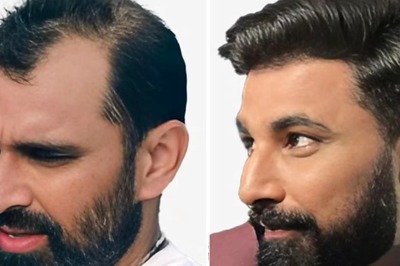
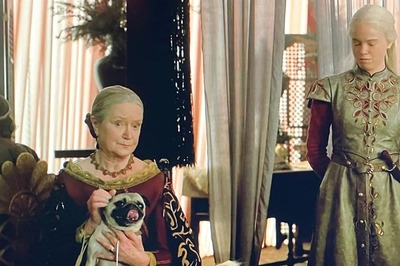

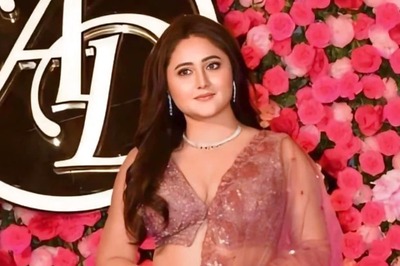

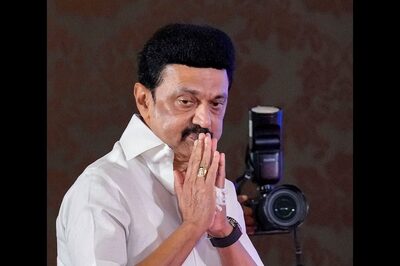
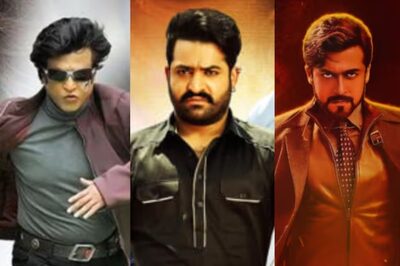


Comments
0 comment